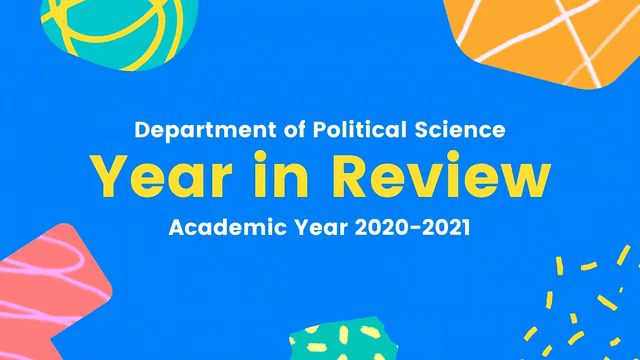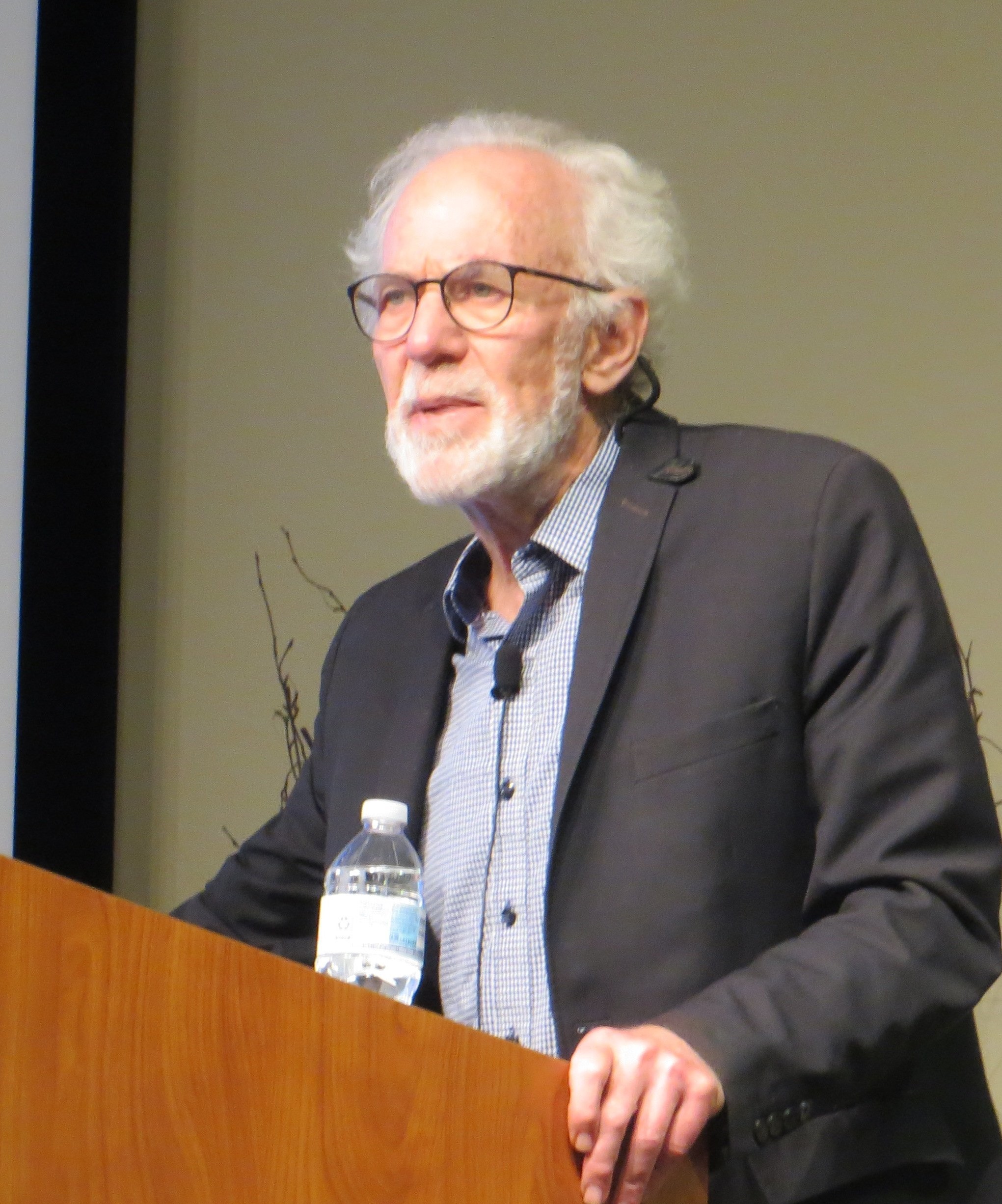


Winners- Year in Review 2020-2021
Citizenship and Immigration
In this course we will explore questions about citizenship and immigration in the contemporary world. Readings will be drawn from scholarship in political theory, law, and the social sciences with the goal of integrating insights from these different fields in new, thought-provoking ways.
The first half of the course will focus on citizenship. How should we conceive of citizenship? As a formal legal status, an entitlement to a set of rights, active participation in self-governance, an identity, or something else? What is the relationship between citizenship, on the one hand, and race, class, gender, sexuality, and national origin, on the other? Which rights have historically been attached to citizenship status and which rights have been extended to noncitizens? What would cosmopolitan citizenship look like?
The second half of the course will focus on immigration. Why do people migrate across international borders? Should people be allowed to migrate across borders? States exert control over migration but what, if anything, justifies this control? What is the impact of migration on sending countries, receiving countries, and migrants themselves? What are the key dynamics in the politics of immigration and how do they constrain immigration policymaking? What are the current immigration categories and priorities in U.S. immigration law? What kinds of immigration policies should the U.S. and other liberal democratic countries pursue?
The course is cross-listed with the Law School. Restricted to Graduate student enrollment only.
Careful reading of texts, thoughtful participation in seminar discussions, and 5 papers approximately 1000 words each.
Foundations of Moral Philosophy
This seminar offers an overview of the history of moral philosophy, paying special attention to arguments about the relationship of morality to law, as well as the connections between moral philosophy and political economy. We will begin by studying canonical texts before turning to more contemporary work. Authors will include Aristotle, Cicero, Pufendorf, Hume, Smith, Bentham, Kant, Mill, Edgeworth, Pareto, Sen, Williams, Anderson, Rorty, and others.
The course begins August 17th and is combined with Law.
Pipeline Initiative in Political Science (PIPS)
Are you interested in, or even just curious about, earning a PhD in political science or a related
field? Great! Berkeley’s Political Science Department is thrilled to announce a new initiative to
help undergraduate students learn about pursuing a PhD in political science.
This initiative is designed to help students learn about what it means to earn a PhD in political
science and how to prepare for and apply to PhD programs. The goal is to build a community of
undergraduate scholars who will be connected with each other and with faculty and graduate
students at Berkeley. Students will learn about political science research, ways to prepare to be
a competitive PhD applicant, and receive support and advice on the application process.
The program is open to students who are in at least their second year of college studies. The
program is focused on helping students from historically minoritized or underrepresented
groups, including but not limited to, non-cis-gendered individuals, members of the queer
community, BIPOC (Black, Indigenous, and People of Color), Latinx, individuals who are
differently abled or who experience disability, first-generation college students, and those from
low-income / low-resource backgrounds.
Students who are selected for the program will participate in a series of workshops throughout
the semester, will be advised on pursuing research opportunities as an undergraduate, and will
have the opportunity to receive mentoring from graduate students and faculty. Students may
earn one credit unit for completing the program.
Please complete this form to apply for the course: https://forms.gle/
Middle East Politics: The Arab Revolts in Historical Perspective
The Middle East in world affairs, international relations and domestic policies of contemporary states in the Middle East; policies and strategy of major powers; supranational movements, regional political and security organizations. The area comprises Turkey, Iran, Afghanistan, Israel, and the Arab countries.
Instructor: TBD


